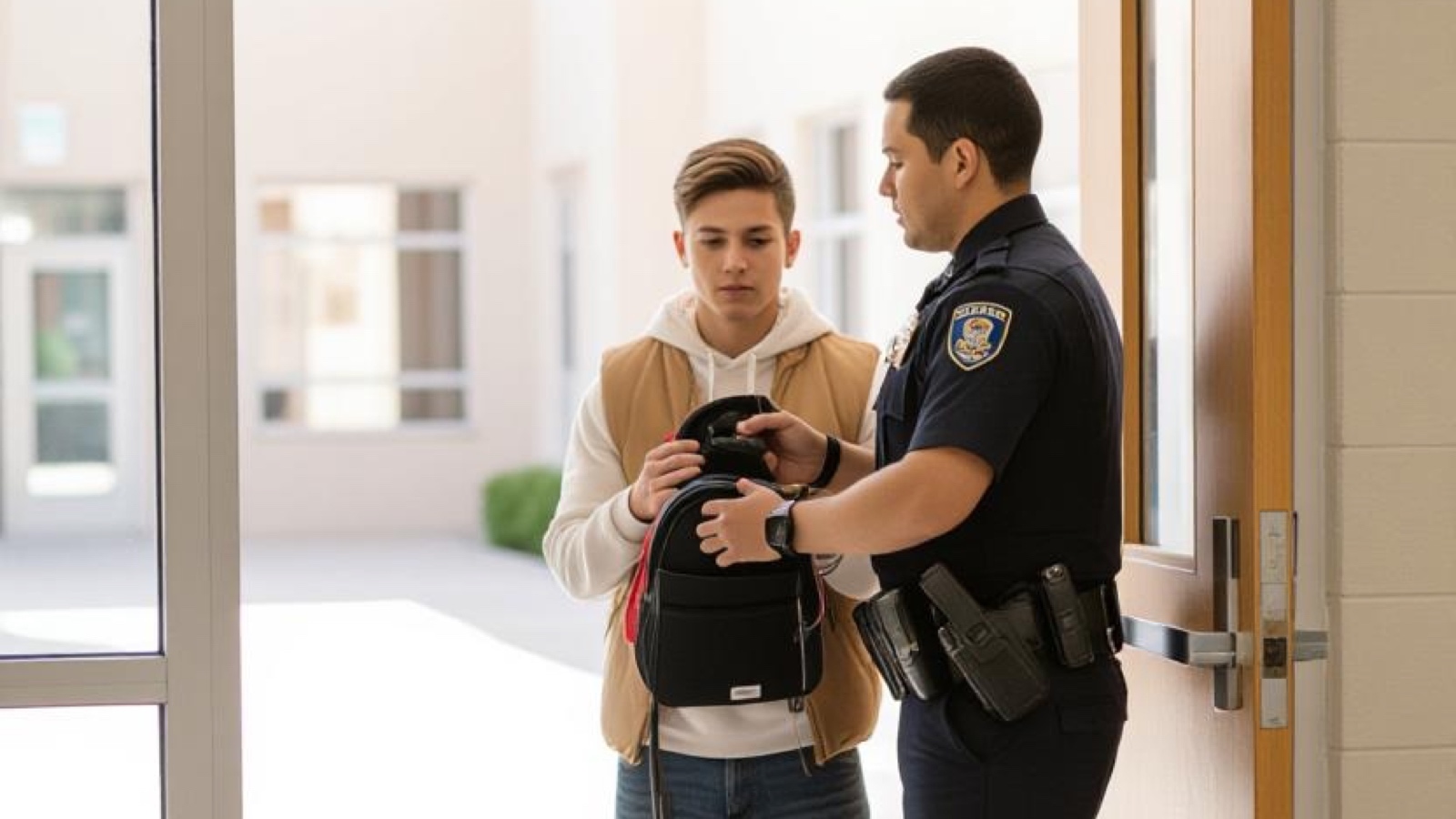Educational content only — not legal advice.

Actual possession means an item is on you or in your hand. Constructive possession can include items in shared spaces—like a backpack on the floorboard, a dorm shelf, or a jacket you’re borrowing—when there are facts tying you to control. That’s why words matter under stress: avoid guessing, apologizing, or trying to “explain it all” roadside.
Calm script: “I choose to remain silent. I want a lawyer. I don’t consent to any searches.”
What to do in the moment
- Keep hands visible and movements slow. Provide ID if required.
- Do not debate facts at the curb; save details for your lawyer.
- If asked to consent to a search, it’s okay to say, “I don’t consent.”
- If booking happens, treat calls as recorded: logistics only, not case facts.
Parent/guardian checklist
- Centralize documents: legal name & DOB, booking/incident number, next court date.
- Set a shared calendar with reminders for deadlines and appointments.
- Keep group texts factual—who/when/where. Skip play-by-plays or opinions.
- House rules that reduce risk: no loose pills, clean bags weekly, don’t carry items for others sight-unseen.
Common myths
- “If it wasn’t on me, it can’t be mine.” Shared spaces can still create risk.
- “Explaining everything will clear it up.” Stress creates contradictions—silence protects clarity.
- “Saying yes to a quick search looks cooperative.” Consent expands the search; think before you say yes.